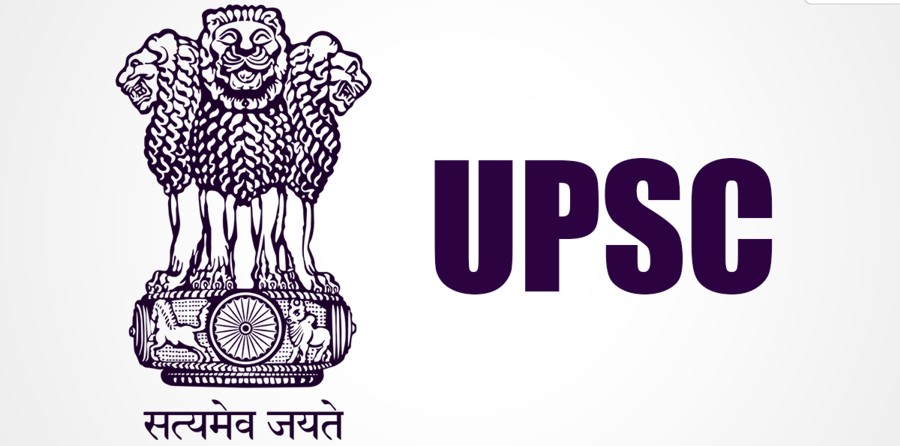
Preparing for the UPSC Civil Services Examination? Understanding the UPSC syllabus is the very first step to success. This comprehensive article breaks down the entire syllabus for both the Preliminary and Main Examinations, as per the latest pattern released by the Union Public Service Commission. Whether you’re a first-time aspirant or a veteran, this guide will serve as your roadmap to ace India’s toughest exam.
📌 Overview of the UPSC Civil Services Exam
The UPSC Civil Services Examination is conducted in three stages:
- Preliminary Examination (Objective Type)
- Main Examination (Written – Descriptive)
- Personality Test / Interview
This three-tier process evaluates an aspirant’s academic knowledge, aptitude, writing skills, and personality.
📝 UPSC Preliminary Examination Syllabus
The UPSC Prelims is a screening test to shortlist candidates for the Mains. It consists of two papers:
Paper I – General Studies (GS)
- Current events of national and international importance
- History of India and Indian National Movement
- Indian and World Geography – Physical, Social, Economic Geography of India and the World
- Indian Polity and Governance – Constitution, Political System, Panchayati Raj, Public Policy, Rights Issues
- Economic and Social Development – Sustainable Development, Poverty, Inclusion, Demographics, Social Sector Initiatives
- General issues on Environmental ecology, Biodiversity and Climate Change – that do not require subject specialization
- General Science
Marks: 200 | Duration: 2 Hours | Type: Objective (MCQ)
Paper II – CSAT (Civil Services Aptitude Test)
- Comprehension
- Interpersonal skills including communication skills
- Logical reasoning and analytical ability
- Decision-making and problem-solving
- General mental ability
- Basic numeracy (Class X level)
- Data interpretation
Marks: 200 | Duration: 2 Hours | Qualifying Paper: Minimum 33% marks required
📚 UPSC Mains Examination Syllabus
The UPSC Mains is a written examination comprising nine papers. The first two are qualifying in nature, and the remaining seven papers are counted for merit.
🔹 Qualifying Papers
- Paper A: Indian Language (Any one as per the Eighth Schedule – 300 marks)
- Paper B: English – 300 marks
🔹 Papers Counted for Merit
- Paper I: Essay – 250 marks
- Paper II: General Studies I – Indian Heritage and Culture, History and Geography of the World and Society
- Paper III: General Studies II – Governance, Constitution, Polity, Social Justice and International relations
- Paper IV: General Studies III – Technology, Economic Development, Bio-diversity, Environment, Security and Disaster Management
- Paper V: General Studies IV – Ethics, Integrity, and Aptitude
- Paper VI & VII: Optional Subject Papers I & II – 250 marks each
Total Marks for Mains (Merit): 1750
🎯 Personality Test / Interview
The final stage of the UPSC exam is the Personality Test or Interview. It carries 275 marks.
It assesses:
- Intellectual abilities
- Social traits
- Leadership qualities
- Balance of judgment
- Integrity and moral character
🧠 Optional Subjects List for UPSC
A candidate must choose one optional subject from the list below. Each subject has two papers (Paper VI & VII):
- Anthropology
- Geography
- History
- Political Science & International Relations
- Psychology
- Public Administration
- Sociology
- Economics
- Philosophy
- Law
- Literature of any one of the languages listed in the Eighth Schedule of the Constitution
🧩 UPSC Syllabus Strategy: How to Use It Effectively?
Understanding the syllabus is just the start. Here’s how to use it to your advantage:
- Stick to the syllabus: Don’t waste time reading irrelevant topics.
- Break it into parts: Divide it into weekly/monthly goals.
- Map it with PYQs: Link past questions with each topic in the syllabus.
- Use syllabus-based notes: Make notes directly under each syllabus heading.
📈 Important Tips for UPSC Aspirants
- Read NCERTs thoroughly for basic concepts.
- Stay updated with daily current affairs (The Hindu, PIB, etc.).
- Practice answer writing regularly.
- Take mock tests for both Prelims and Mains.
- Revise periodically and maintain your own notes.
✅ Final Words
The UPSC syllabus may appear overwhelming, but with a systematic approach, clarity of topics, and smart preparation, it becomes manageable. Bookmark this page and revisit the syllabus as you study – it will be your most powerful preparation tool.
Stay consistent, stay focused. All the best for your UPSC journey!
